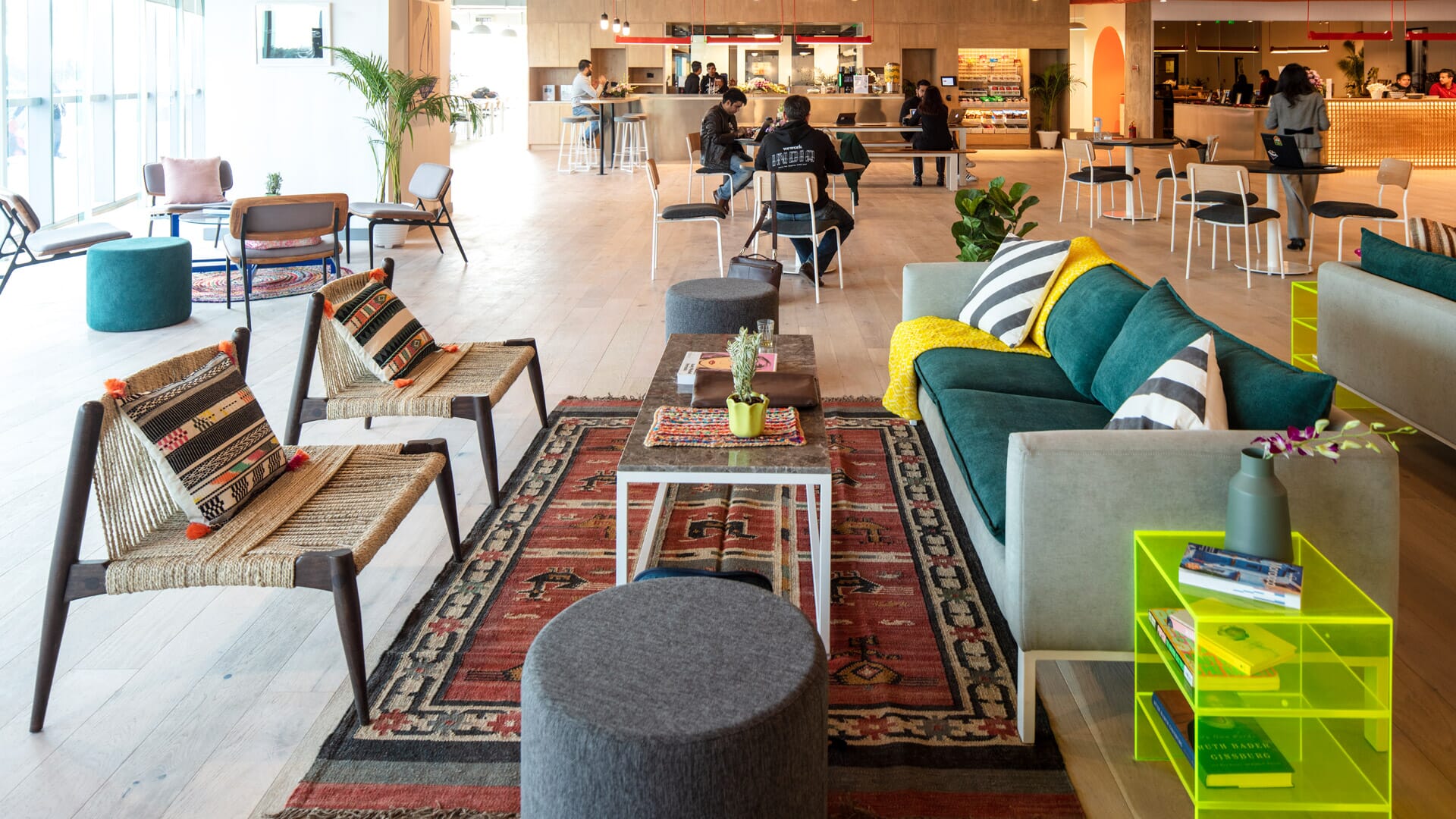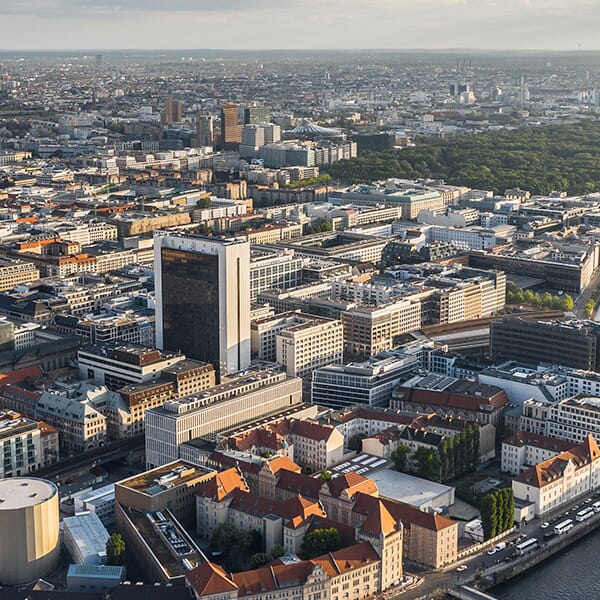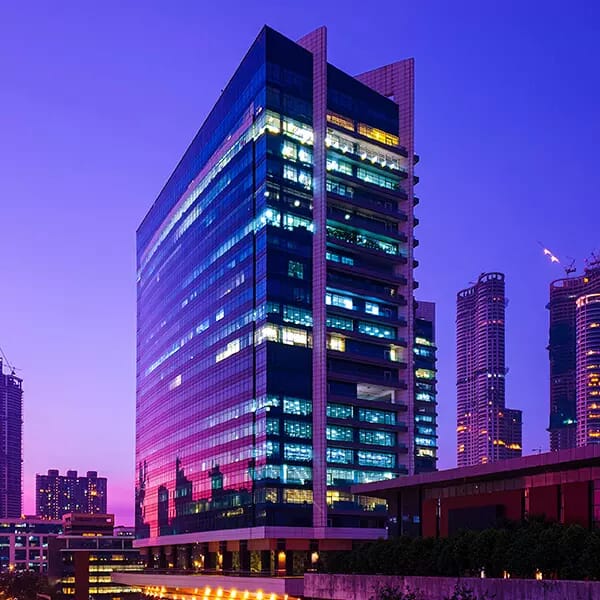 Wework India
Wework IndiaWorkspaces India: trendsetting WeWork goes large
WeWork, which has shifted from startups towards catering for large enterprises, aims to double in size in 2019.
India’s coworking revolution really kicked off in 2016/2017. A joint study on the ‘Future of Work’ in India, authored by WeWork, JLL and the Confederation of Indian Industry, reported at the time of its publication in July 2017 that over 90% of India’s 300 shared workplace operators had started their first coworking spaces in the previous 12 months. The report went on to suggest that by 2020, coworking space would have overtaken traditional serviced offices, based on expected levels of investment into the sector and driven by factors including significant cost saving advantages.
WeWork itself entered the Indian market in July 2017 through a joint venture with Embassy Group. Founded in New York in 2010 and backed by Japan’s SoftBank, WeWork has led the way in the current cycle of the flexible workspace & coworking market and is present now in over 400 locations around the world. On the other side of the joint venture, Embassy Group is a real estate developer, established in 1993 and based in Bengaluru. The group is privately-held and controlled by the Virwani family: Jitu Virwani is chairman and managing director of Embassy Group, while his elder son, Karan Virwani, is ‘CWeO’ of WeWork in India.
Since launching in India, WeWork has established itself in Bengaluru, Mumbai and Gurugram (in the National Capital Region), operating out of 21 locations. Karan Virwani comments: “The company has witnessed great success so far. Within six months of opening a new location, it is typically past 90% full, achieving a great occupancy rate.”
In 2019, WeWork plans to enter three new cities - Pune, Hyderabad, and Chennai - while doubling its total leased area in India.
Shift towards large enterprises
Even in the short space of time that WeWork has been present in India, the industry has changed significantly, as Virwani observes: “The coworking industry was still at a nascent stage in 2017. Over the course of 20 months, the ecosystem has undergone massive changes. While earlier coworking spaces were considered to be the go-to workspace for startups & SMEs, the perception has now changed to a great extent.”
WeWork’s first space in India, WeWork Galaxy, catered to 2,200 members. Since then, the business has grown to a current count of 25,000 members, of which large enterprises comprise 52%, with the rest made up of freelancers, startups and SMEs. Some of the most well-known enterprises taking up WeWork space in India include GoDaddy, Discovery India, Jaguar Land Rover, Knowlarity and Twitter.
Start-ups still matter
Although the scope of India’s coworking and flexible workspace sector may have shifted in the last two years to include large enterprises, startups still matter to WeWork.
“We have been focussing on WeWork Labs,” says Virawani, describing it as a centre for early-stage startups that takes “an innovative and personalized approach in helping entrepreneurs succeed.” WeWork Labs was launched in India in October 2018 and today has around 41 members. “Right from providing lecture series to one-on-one meetings for insights into accounting and marketing, to hiring and pitching future investors, WeWork Labs partners with local incubators and accelerators to provide holistic, long-term support for startups throughout their journey,” says Virwani.
Global/local balance
WeWork has a well-established line of membership services that it implements globally. However, Virwani explains that “while we’re a global company, we operate with a local playbook.” By way of example, he points to WeWork Blue One Square, located in the industrial sector of Gurugram, where “our design team kept the space vibrant and fresh to counter the typical IT vibe. The space also gathers inspiration from historical architecture typical of Delhi’s area, like the presence of arches.”
“In all, since the time of entering in India,” continues Virwani, “WeWork has been focused on making sure that the members have the best experience possible. The value comes not just from the beautiful spaces that WeWork provides, but also from its programming, business services, access to what will eventually be locations across India, and the chance to collaborate with other members, who will be amongst the most innovative business minds out there.”
Coworking and flexible workspaces will be discussed in further detail at GRI Offices and Parks India 2019 in Mumbai on 25 April and India GRI 2019 in Mumbai on 18-19 September.







